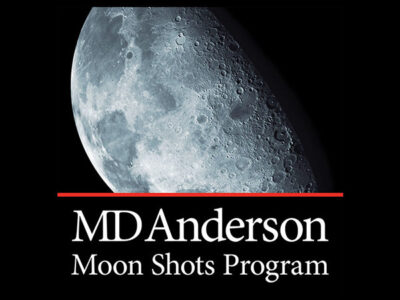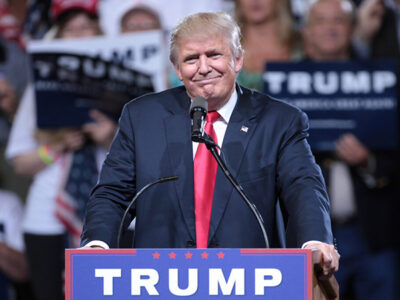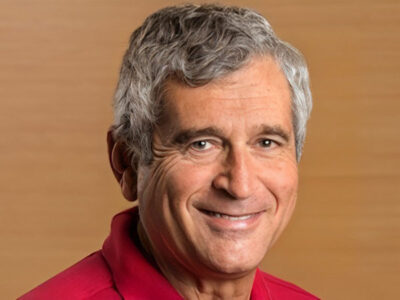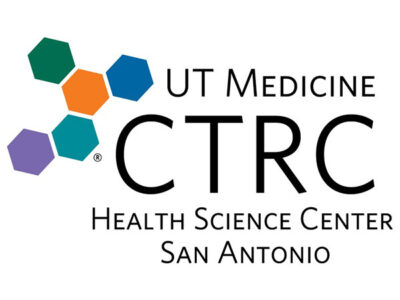Earlier this year, billionaire Patrick Soon-Shiong created considerable confusion by launching a cancer “moonshot” program at the same time that President Barack Obama announced an initiative that went by pretty much the same name.
The House and Senate leadership postponed appropriations for fiscal 2017 in favor of a second continuing resolution that runs through March 31, 2017.
In an in-depth interview with The Cancer Letter, an FDA official clarified the agency's criteria for approval of drugs that target PD-1 and PD-L1.
Fred Hutchinson Cancer Research Center has opened a first-of-its-kind clinic focused on cellular-based immunotherapies for cancer patients in clinical trials.
President Barack Obama's legacy health care programs—the Affordable Care Act, and the National Cancer Moonshot Initiative—have been thrown into uncertainty.
Nearly 50 cancer-related organizations urged Congressional leaders to ensure that funds slated for research in the National Cancer Moonshot Initiative go directly to NCI—as opposed to NIH or any other federal entity.
For nearly a half century, much of the “war on cancer” has been fought at NCI-designated cancer centers, the 69 major medical schools and free-standing research institutes have this designation.
MD Anderson Cancer Center lost $267.1 million on its operations in fiscal 2016. Now, a month into fiscal 2017, America's largest cancer center is on track to lose $400 million to $450 million.
The UT Health Science Center at San Antonio and MD Anderson Cancer Center announced an affiliation to create a cancer care program in San Antonio.
Eight public health and medical groups filed suit in federal court to force FDA to issue a final rule requiring graphic health warnings on cigarette packs and advertising.















